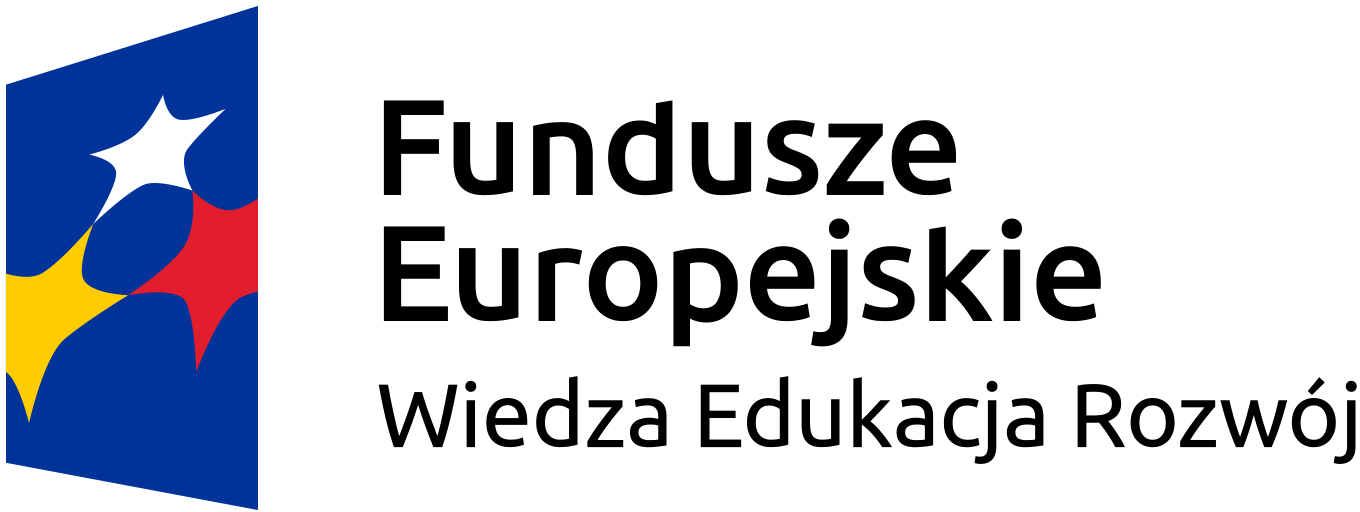Regression Analysis and Optimum Values of Austempering Affecting Mechanical Properties of Compacted Graphite Iron
[ 1 ] Wydział Techniczny, Akademia im. Jakuba z Paradyża | [ P ] pracownik
2024
artykuł naukowy
angielski
- compacted graphite iron
- austempering
- austenitization
- vermicular cast iron
- AVGI
- RSM
- regression models
EN The study examined the effect of heat treatment parameters of compacted graphite iron (CGI) on the mechanical properties of the material. The microstructure was characterized using optical microscopy, scanning electron microscopy (SEM), and transmission electron microscopy (TEM). Three levels of heat treatment parameters were adopted considering the orthogonal test plan 24. The effects of austenitizing temperature and time and austempering on tensile strength, yield strength, and elongation were analyzed. Polynomial regression was chosen because it extends linear regression and allows for modeling more complex, nonlinear relationships between variables. Total regression models were determined for each dataset. The models for tensile strength (Rm) had an approximately 82% coefficient of determination, for yield strength (R0.2) around 50%, and for elongation (A5) around 80%. For optimization, the response surface method (RSM) was used. The results obtained were compared with the proposed mathematical models. The ANOVO results showed that austempering temperature (Tpi) had the greatest effect on each parameter studied. The optimal conditions for the analyzed parameters, assuming tensile strength and yield strength at the maximum level and an elongation of about 0.7%, are obtained for the following heat treatment parameters: Tγ = 890 ◦C; Tpi = 290 ◦C; τγ = 120 min; τpi = 150 min
2024
5024(1) - 5024(20)
CC BY (uznanie autorstwa)
otwarte czasopismo
ostateczna wersja opublikowana
10.2024
w momencie opublikowania
140




